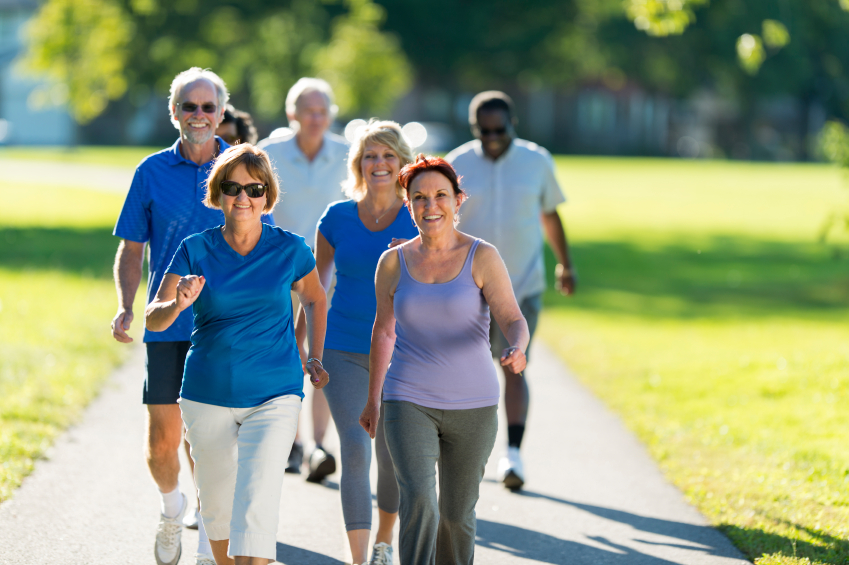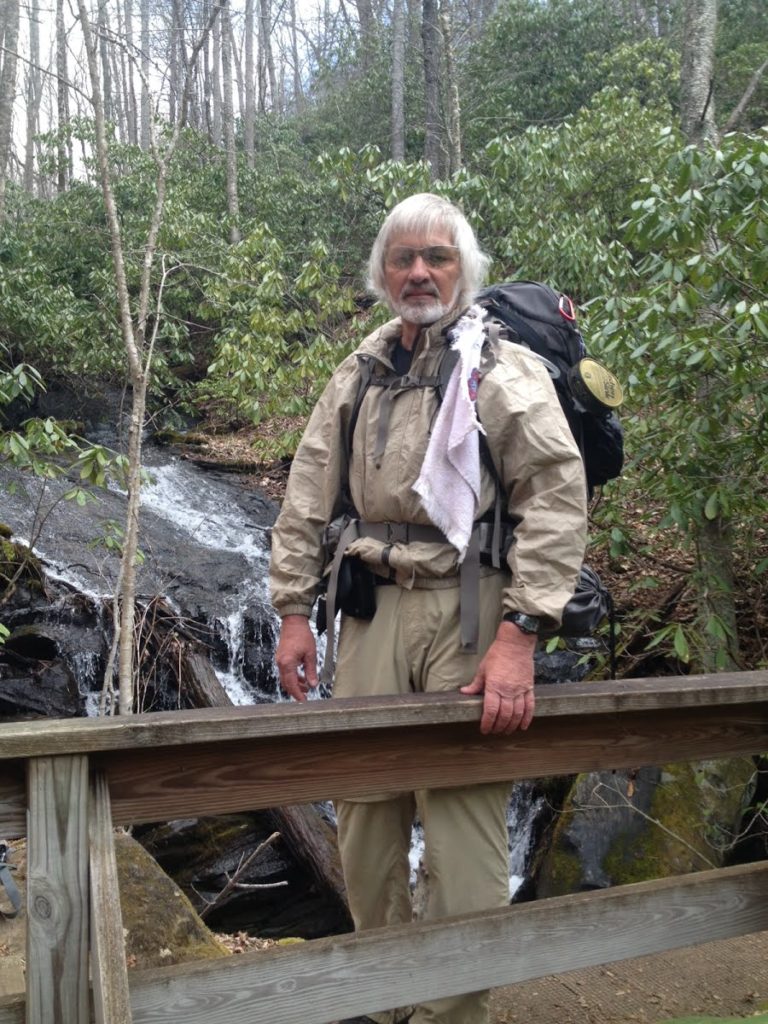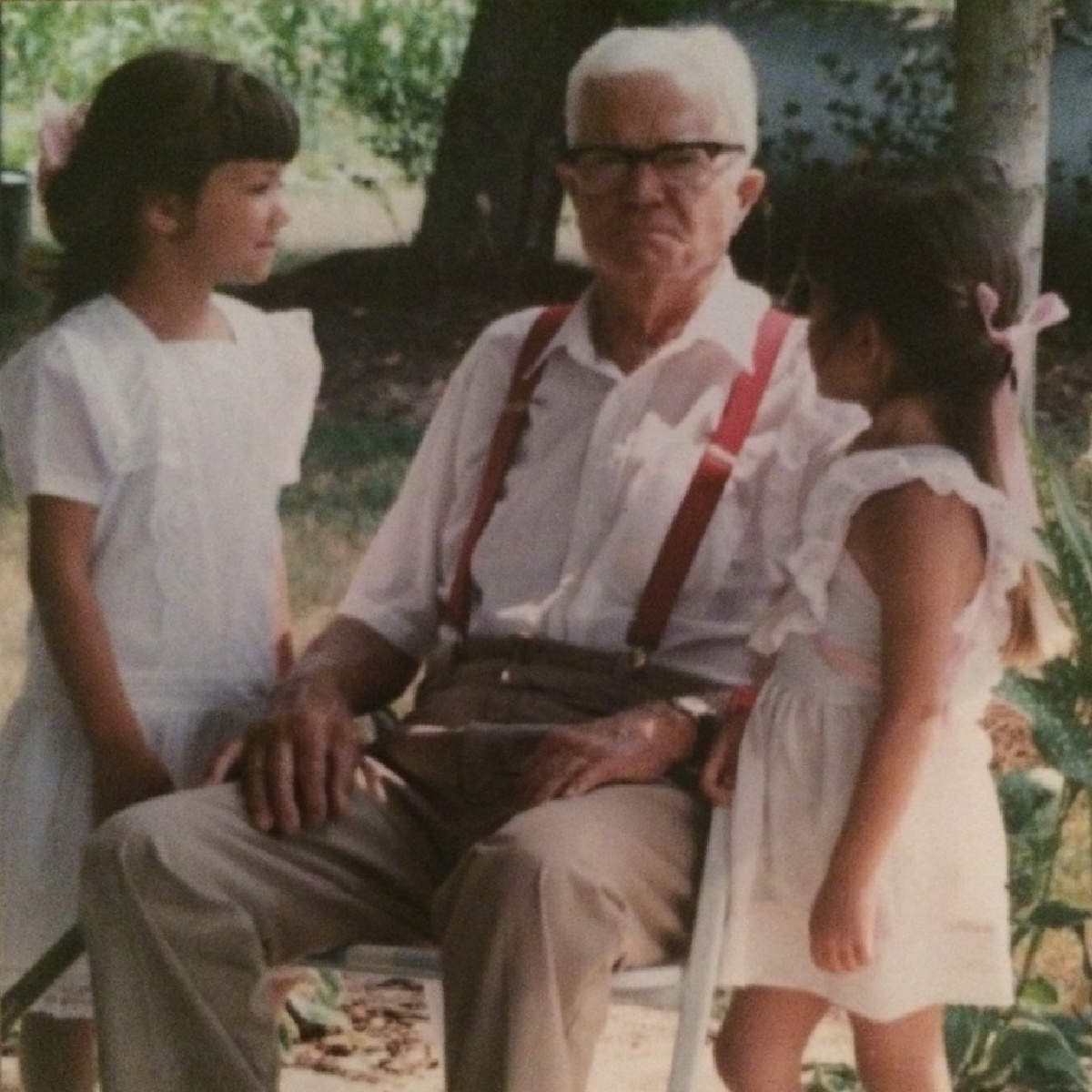This is a sponsored post in collaboration with the American Heart Association; all opinions are entirely my own.
Let me start off by saying we were very excited when the American Heart Associated reached out to us wanting to work together to spread the word about their Support Network. Both Scott and myself have personal connections to this organization. Once we started talking about it we realized we had a lot more in common than we thought. Sadly, I’m willing to bet you too have a friend or family member who has been affected by heart disease, stroke, congenital heart defects, etc.
Scott’s maternal grandfather had two strokes. The first one left him paralyzed on his left side and his second one killed him. His paternal grandfather had a heart attack.
My dad, who has been active and healthy his entire life, had open-heart surgery at age 57 to replace the aortic valve with a mechanical/artificial one. They discovered the issue because he was having breathing irregularities. He recovered and went on to pursue a dream he had of hiking the Appalachian Trail. He didn’t let the surgery or the recovery hold him back: he started hiking the Appalachian Trail when he was 62 (turned 63 on the trail). While on the trail, he had to go into a town to visit a hospital at least once a month to get his numbers checked. They would send the results to the local nurse and she would leave him a voicemail and send an email about how to adjust his medications. He went on to hike 1,800 miles of the Appalachian Trail and was able to hike in every state. He’s also gone zip-lining and white-water rafting with us!
My maternal grandfather had heart surgery in 1977. He was in the hospital for three weeks. The doctors said it would last 8-10 years. He passed away in August of 1997 when I was only 12 years old. He was never overweight, didn’t smoke or drink, and always did a lot of physical labor (he was a farmer and worked from sunup until sundown). He and my grandmother watched me during the day while my parents worked so we were extremely close.
Below is a picture of me (on the right), my sister, and my “pawpaw”.
My paternal grandmother also just had a stroke in February and has required 24-hour care since then.
These are just the stories from Scott and me, there are hundreds of thousands from others around the world. When people come together to talk and support each other is when miracles happen. The Support Network provides human connection and health resources for caregivers and survivors of heart disease and stroke. Whether you are the survivor or the caregiver you can benefit from joining the network. I even joined myself to take a look around and I was very impressed with the wealth of information in an easy-to-find and read format. Below are just a few of the reasons why you should join the network.
5 Reasons to Join the American Heart Association’s Support Network
- Connect with people
- Read survivor stories – I spent over an hour already reading some incredible stories
- Get your questions answered … by a professional
- View support videos
- Catch up on the latest news and blogs
Studies have shown that online support communities can have positive physical and emotional benefits for those who participate, thereby reducing depression and improving quality of life. Join the over 117,000 people who have already signed up! Signing up is free, easy, and secure.
Join the Support Network Today!
I can’t close this without stressing the importance of learning cardiopulmonary resuscitation (CPR). I was never trained until it was a requirement to get my personal training certification in 2013 but I definitely learned the importance of being trained. You never know when you might be able to use your training to save someone’s life!
Connect with the American Heart Association:
Facebook: @AmericanHeart
Twitter: @American_Heart
Instagram: @American_Heart
Join the Support Network




Leave a Reply